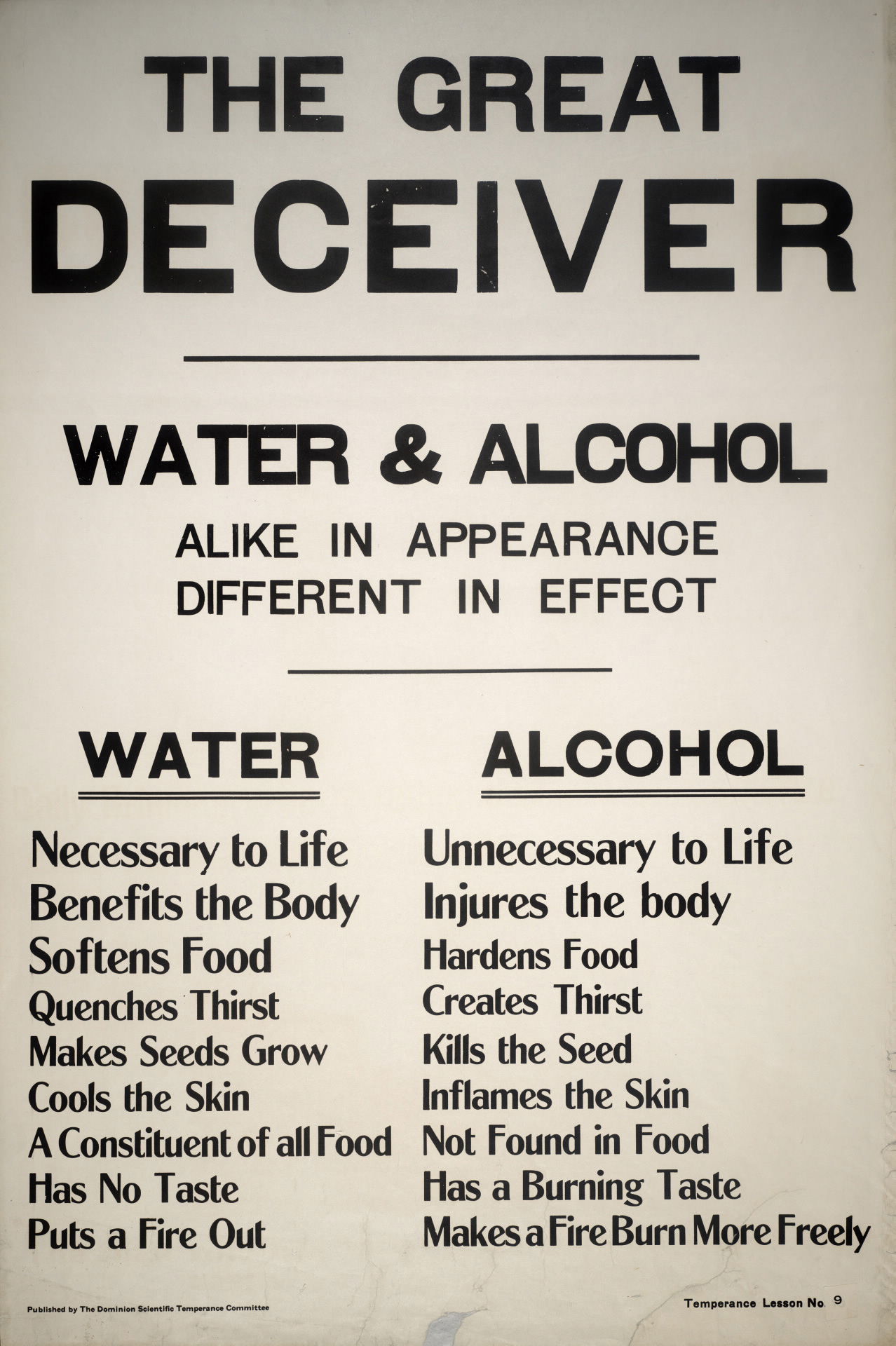Alcohol’s impact on your body starts from the moment you take your first sip. While an occasional glass of wine with dinner isn’t a cause for concern, the cumulative effects of drinking wine, beer, or spirits can take its toll.
One of the easiest ways to understand alcohol’s impact on your body is by understanding how it affects your central nervous system. Slurred speech is one of the first signs you’ve had too much to drink. Alcohol can reduce communication between your brain and your body. This makes coordination more difficult. You may have a hard time balancing. You should never drive after drinking.
As alcohol causes more damage to your central nervous system, you may experience numbness and tingling sensations in your feet and hands.
Drinking also makes it difficult for your brain to create long-term memories. It also reduces your ability to think clearly and make rational choices. Over time, frontal lobe damage can occur. This area of the brain is responsible for emotional control, short-term memory, and judgement, in addition to other vital roles.
Chronic and severe alcohol abuse can also cause permanent brain damage. This can lead to Wernicke-Korsakoff syndrome, a brain disorder that affects memory.

